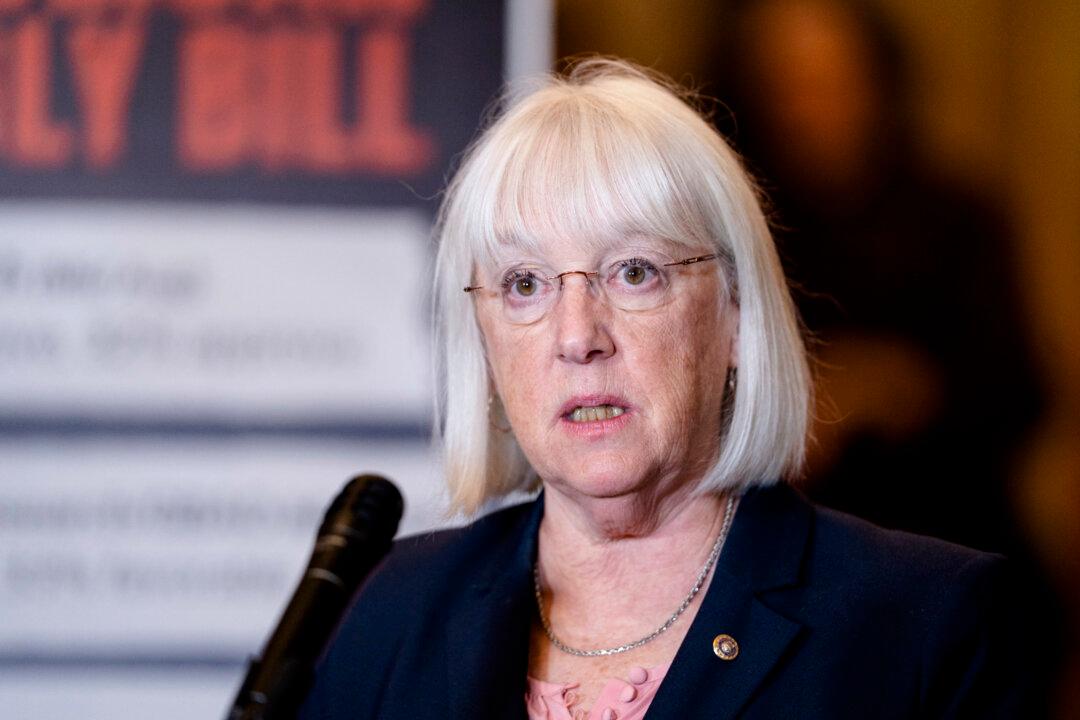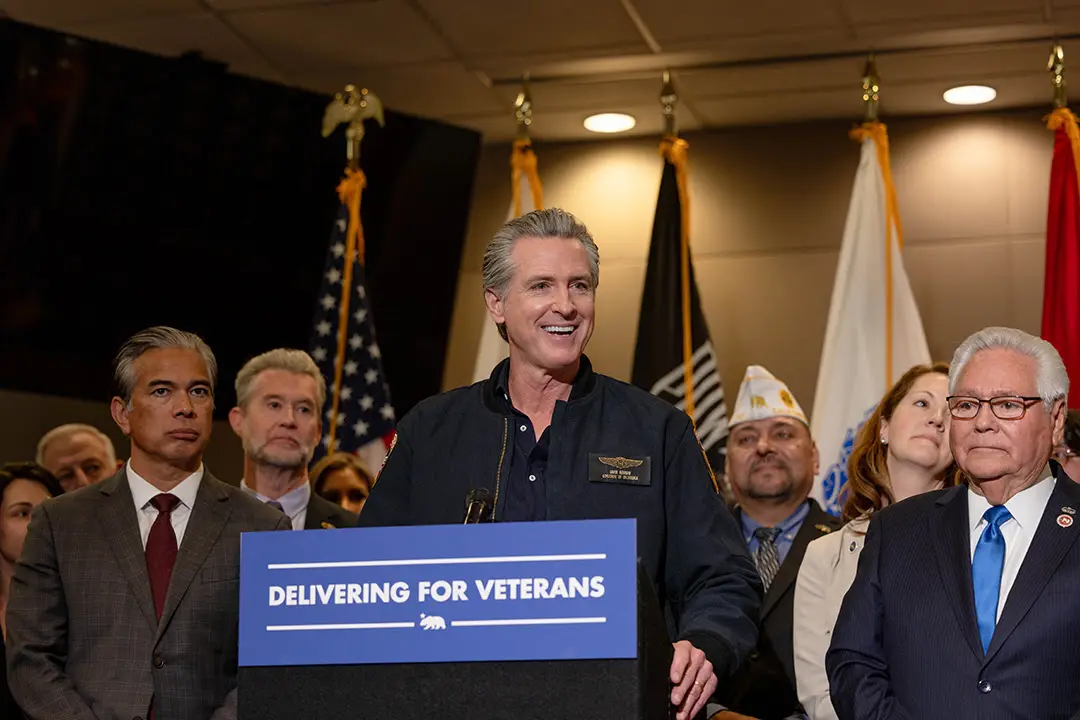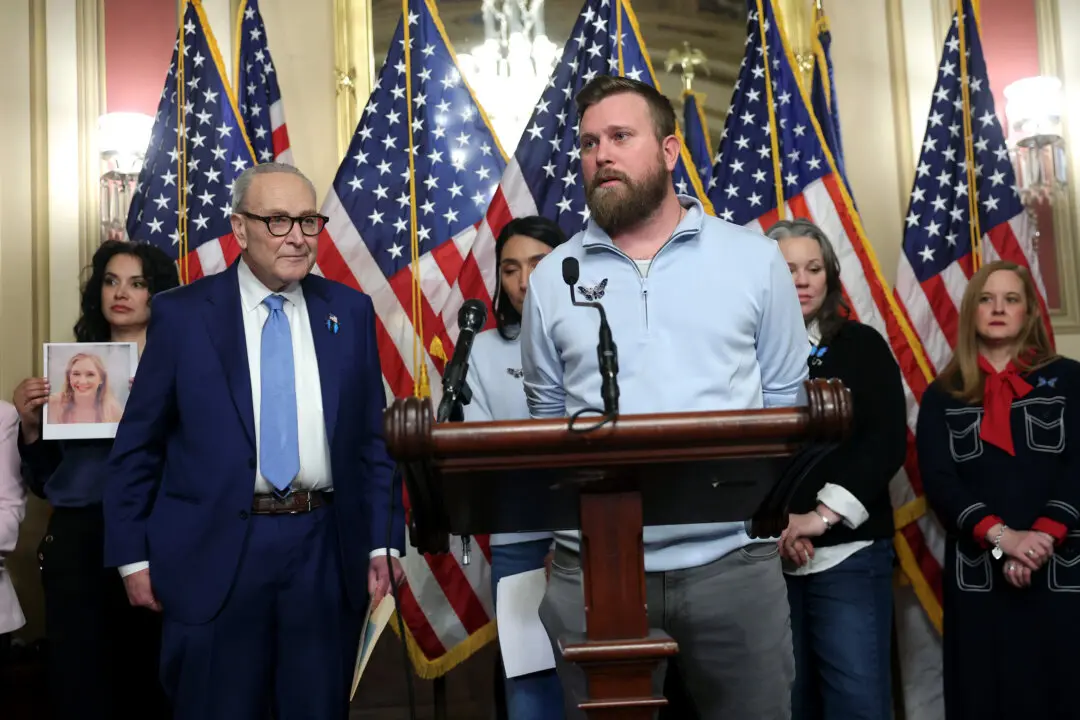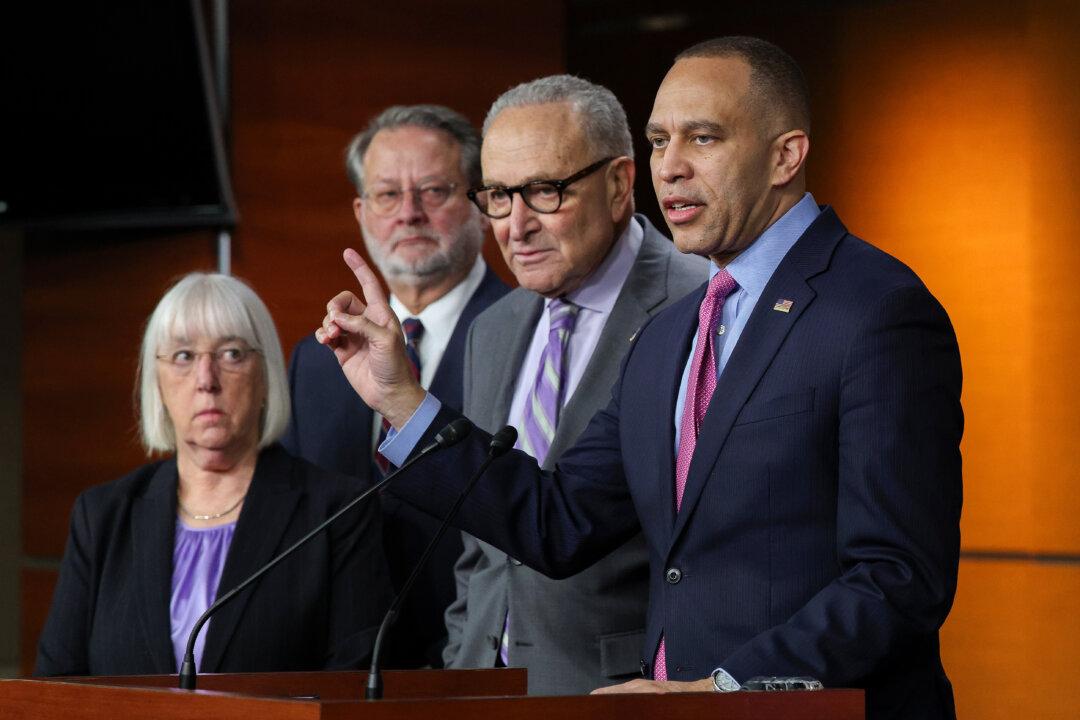Democratic appropriations committee leaders released an alternative continuing resolution (CR) to keep the government funded through Oct. 31. They say it is a short bridge to negotiate full-year spending while avoiding a lapse in services.
Their bill centers on two areas—health care and guardrails on executive spending. It would roll back health policy changes Democrats said will lead to coverage losses and higher costs, and it would make the enhanced Affordable Care Act premium tax credits permanent. Democrats say over 20 million people use those credits and warn premiums could rise if they expire.
The proposal also extends a slate of near-term public-health and Medicare items through Oct. 31, including Community Health Centers, the National Health Service Corps, the Special Diabetes Programs, and emergency-preparedness authorities.
In a joint statement, House Appropriations Committee Ranking Member Rep. Rosa DeLauro (D-Conn.), and Senate Appropriations Committee Vice Chair Sen. Patty Murray (D-Wash.) said in a joint statement their plan will keep the government funded and allow negotiations to continue over full-year bills that ensure Congress decides how taxpayer dollars are spent.On oversight, Democrats say they want to reinforce Congress’s “power of the purse.” The bill would bar agencies from carrying out the president’s budget changes during the CR, create an inspector general at the Office of Management and Budget, extend funds that were frozen and at risk of expiring on Sept. 30, and address what Democrats alleged was an “illegal pocket rescission,” including directing that previously blocked dollars be made available.
Security money is also part of the package. Democrats propose $30 million for member security reimbursements, $90 million for the House Sergeant at Arms, $66.5 million for the Senate Sergeant at Arms, and $30 million for U.S. Capitol Police reimbursements. They also cite $140 million for the Supreme Court, federal courts, and the U.S. Marshals Service.
Meanwhile, Democrats and Republicans are accusing each other of pushing the government toward a shutdown.Republicans in the House are on their way to advancing a separate stopgap—the Continuing Appropriations and Extensions Act, 2026—that runs through Nov. 21. Their summary describes standard CR terms by extending current funding levels with limited exceptions, no new program starts and routine technical provisions.
“Keeping our government open and working for the American people is not a partisan issue – and this clean, short-term funding extension reflects that,” House Appropriations Chairman Tom Cole (R-Okla.) said. “As we continue advancing FY26 conference negotiations, this measure prevents the chaos of a shutdown and allows us to stay focused on restoring regular order. It protects the real progress already made on appropriations, preserves stability for families and communities, and strengthens our position to complete the FY26 process responsibly.”The GOP bill also carries targeted items. It keeps the Special Supplemental Nutrition Program for Women, Infants, and Children at current funding levels to provide food assistance and extends the Livestock Mandatory Reporting program during the CR. It provides $30 million for executive-branch protective services and $30 million for member security.
Cole added, “Democrats now face a choice: stand with the American people – or stand apart from them. I remain firmly committed to working with President [Donald] Trump, and with both chambers and sides of the aisle, to finish our fiscal duties and fulfill our Article I obligations.”
The Democratic CR ends sooner, includes health policy steps such as a permanent extension of Affordable Care Act tax credits, adds new oversight of the Office of Management and Budget, and unblocks previously frozen funds. The Republican CR runs longer and sticks to standard mechanics while including discrete extensions and security funding.
Either bill would avert a shutdown if passed before Sept. 30.





